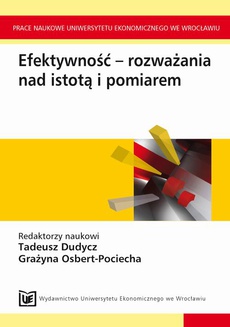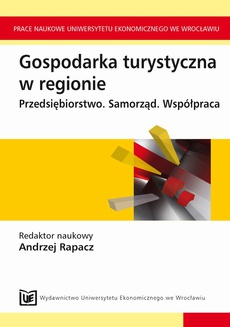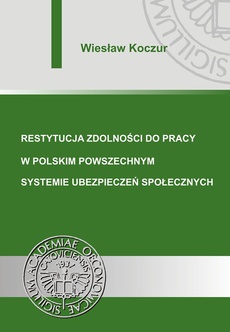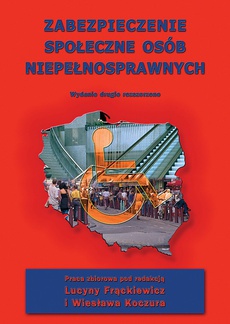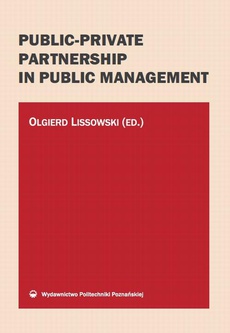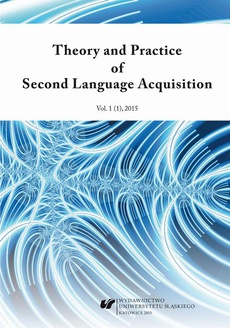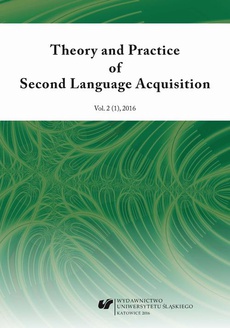POLECAMY

-32%
Public-private partnership – theory, best practices and the newest polish experience
Wydawca:
Format:
pdf, ibuk
"Public-Private Partnership is one of the most controversial solutions within modern public sector management concepts. Its enthusiasts and opponents can have discussions lasting hours, supporting their argumentation by data and examples of successful and failed projects. One is sure - even their enthusiasts confirm, that a PPP project will be a failure, unless the partnership is well prepared and managed. Good knowledge about PPP will help decision-makers to use it in situations where the potential benefits are the highest, as well as select projects that really solve important problems and are demanded. Therefore a good knowledge about PPP principles and case studies is essential in order to create a successful project.
The book aims at providing full theoretical background on PPP, including international case studies, as well as to present the newest Polish experience in PPP. The latter is a unique study on smaller, post-crisis PPP projects, in a new EU-Member state, proving that PPPs can be successful even with limited bank funding available. Polish experience is rarely described in English and may be really useful for international audience."
| Rok wydania | 2017 |
|---|---|
| Liczba stron | 140 |
| Kategoria | Inne |
| Wydawca | Szkoła Główna Handlowa |
| ISBN-13 | 978-83-8030-177-1 |
| Język publikacji | angielski |
| Informacja o sprzedawcy | ePWN sp. z o.o. |
Ciekawe propozycje
Spis treści
| Preface | |
| 1. What are PPPs? | |
| 1.1. Historical examples of private provision of infrastructure | |
| 1.2. Key definitions of PPP and its alternatives | |
| 1.3. Key actors of a PPP project | |
| 1.4. Diversity of contemporary PPP projects | |
| 2. How to manage a successful PPP project? | |
| 2.1. Structure and milestones of a PPP project | |
| 2.2. Risk sharing | |
| 2.3. Procurement process | |
| 2.4. Project Finance | |
| 2.5. Construction and operation phases of a PPP project | |
| 2.6. Termination of cooperation, step-in's and substitution | |
| 2.7. Main reasons of PPP projects' failures | |
| 3. Are PPPs efficient? | |
| 3.1. Pros and cons of PPPs | |
| 3.2. Methods and results of PPP assessment | |
| 3.3. Suitability of PPP for different sectors | |
| 3.4. Special case of developing countries | |
| 3.5. Lowering PPP costs | |
| 3.6. Influence of crises on PPP | |
| 3.7. Beyond PPP | |
| 4. The newest Polish experience | |
| 4.1. Research objective and assumptions | |
| 4.2. Introduction to case studies | |
| 4.3. Columbaria in the cemeteries of Gdańsk (completed project) | |
| 4.4. Land development of Wyspa Spichrzów in Gdańsk (completed project) | |
| 4.5. Mental health care and treatment centre in Kobylnica near Słupsk (completed project) | |
| 4.6. Cemetery and crematory in Podgórki Tynieckie, Kraków (completed project) | |
| 4.7. Reconstruction of Jagiellonian University Dormitories, Kraków (completed project) | |
| 4.8. Central heating for the municipal union with its headquarters in Kalisz (not completed project) | |
| 4.9. Waste segregation and storage facility in Skarżysko-Kamienna (not completed project) | |
| 4.10. Construction of council houses in Kraków (not completed project) | |
| 4.11. Key factors that impact success of PPP in Poland | |
| Conclusion | |
| Bibliography | |





